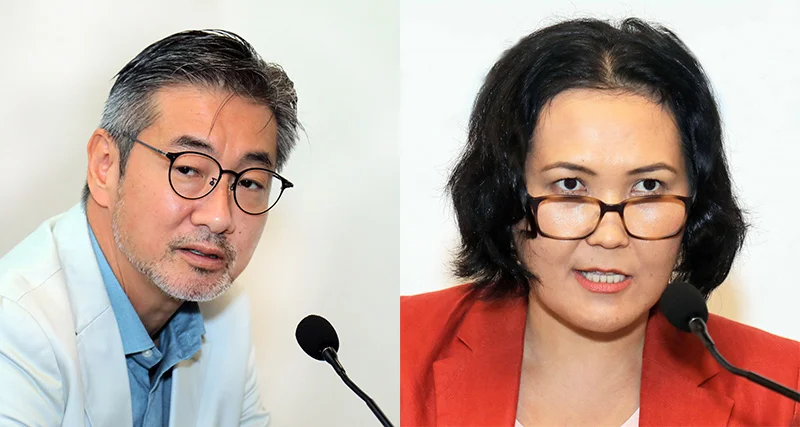Business
Sri Lanka identified as the largest recipient of ADB infrastructure support

By Sanath Nanayakkare
Sri Lanka, a founding member of the Asian Development Bank (ADB), has received cumulative loans and technical assistance totaling US$12.6 billion between 1966 and 2024, And the Bank identifies Sri Lanka as the largest recipient of ADB infrastructure support among developing countries.
Currently, the ADB’s active sovereign lending portfolio for Sri Lanka stands at 4 billion, with an indicative financing pipeline of $900 million estimated for 2025, pending government confirmation.
These funds have been instrumental in developing key sectors such as agriculture, natural resources, rural development, roads, water and urban infrastructure, public sector management, finance, education, health, transport, and energy including the most important policy-based budget support.
The ongoing $4 billion portfolio is being utilized across 27 projects, comprising 36 loans and 4 grants. The allocation includes:
Transport: $859 million
Energy: $869 million
Water and Urban Infrastructure: $393 million
Public Sector Management and Finance: $669 million
Education and Health: $823 million
Agriculture and Rural Development: $422 million
The proposed $900 million pipeline for 2025, subject to government approval, will target six sectors: macroeconomic stability, power, agriculture, finance, tourism, and skills development. Funding will be delivered through policy-based loans, results-based lending, investment projects, and technical assistance initiatives.
The ADB’s Country Partnership Strategy for 2024-2028 emphasizes strengthening public financial management, governance, domestic resource mobilization, and state-owned enterprise (SOE) reforms. Key areas include enhancing transparency, governance, competition policy, and climate change and disaster risk management.
Sectoral Allocation of Cumulative ADB Support (1966-2024)
Transport: 26%
Energy: 14%
Finance: 15%
Human Development: 13%
Agriculture: 12%
Urban Development: 11%
Public Sector: 6%
Industry and Trade: 2%
Multisector: 1%
ADB Country Director Takafumi Kadono and Country Operations Head Cholpon Mambetova announced these figures during a media briefing in Colombo on February 13, 2025. Kadono emphasized that ADB’s support was tailored to Sri Lanka’s needs, particularly during periods when access to capital markets or other lending institutions were minimal.
“We provide policy-based budget support to ensure structural and policy reforms are implemented, addressing underlying weaknesses and fostering sustainable, inclusive growth,” Kadono said. He added that ADB-funded projects undergo rigorous due diligence and are prioritized based on necessity, ensuring they address critical needs rather than being merely “nice to have.”
Mambetova highlighted Sri Lanka’s status as the largest recipient of ADB infrastructure support among developing countries, with 26% of the total loan portfolio allocated to the transport sector. She noted the ongoing construction of the elevated highway between the New Kelani Bridge and Galle Face in central Colombo, which will extend the expressway network into the city center and port. “This vital infrastructure project is nearing completion and will soon be inaugurated,” she said.
Discussions are underway with the Sri Lankan government to finalize the 2025-2028 project pipeline during the Country Programming Mission in March. The ADB will continue to support investment projects and provide technical assistance grants to strengthen government institutions, enhance capacity development, and conduct analytical research.
Sri Lanka’s partnership with the ADB remains a cornerstone of its development strategy, ensuring critical investments in infrastructure, governance, and sustainable growth.
ADB and the United Nations Development Programme (UNDP) in Sri Lanka have come together to support the Commission to Investigate Allegations of Bribery and Corruption (CIABOC) on select Anti-Corruption Initiatives in Sri Lanka.
“The response to people’s aspirations for better governance and rooting out corruption requires political will, strong partnerships, and unwavering commitment from all stakeholders working on Sri Lanka’s recovery and sustained development,” the two senior ADB representatives said.